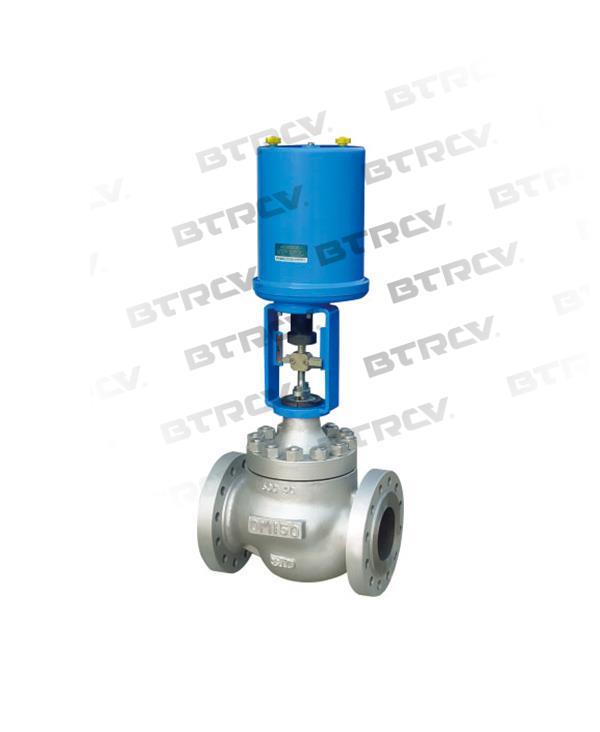
| Electric control valves are important execution unit instruments in industrial automation process control. With the increasing level of automation in the industrial field, it is being increasingly applied in various industrial production fields. Compared with traditional pneumatic control valves, electric control valves have obvious advantages: energy-saving (only consuming electrical energy during operation), environmental protection (no carbon emissions), fast and convenient installation (without the need for complex pneumatic pipelines and pump workstations). Valves are divided into three types based on their functions and characteristics: linear characteristics, equal percentage characteristics, and parabolic characteristics, according to the power used by the actuator they are equipped with. |
| Electric control valves are important execution unit instruments in industrial automation process control. With the increasing level of automation in the industrial field, it is being increasingly applied in various industrial production fields. Compared with traditional pneumatic control valves, electric control valves have obvious advantages: energy-saving (only consuming electrical energy during operation), environmental protection (no carbon emissions), fast and convenient installation (without the need for complex pneumatic pipelines and pump workstations). Valves are divided into three types based on their functions and characteristics: linear characteristics, equal percentage characteristics, and parabolic characteristics, according to the power used by the actuator they are equipped with. |
Diameter: DN15-300
Pressure: PN10-160
Standard: GB JB HG ANSI JIS
Material: Carbon steel, stainless steel, grey cast iron
Connection method: flange
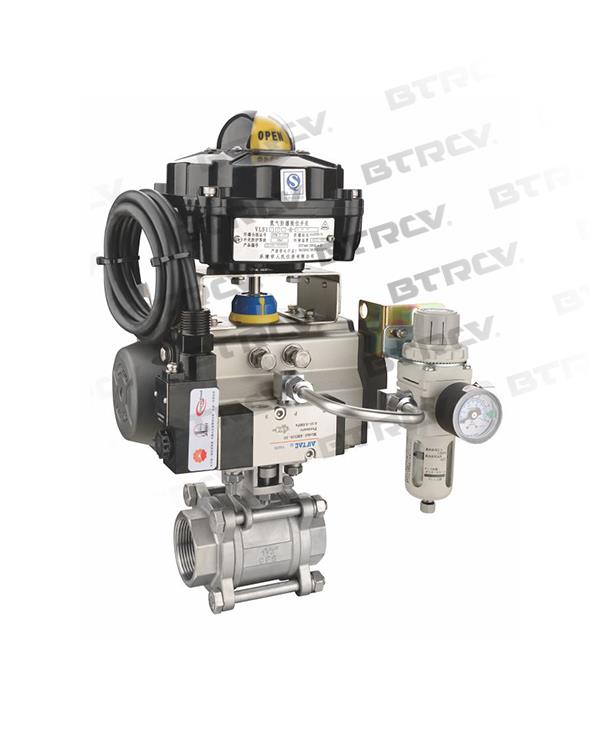
Diameter: DN15-300
Pressure: PN10-160
Standard: GB JB HG ANSI JIS
Material: Carbon steel, stainless steel, grey cast iron
Connection method: flange
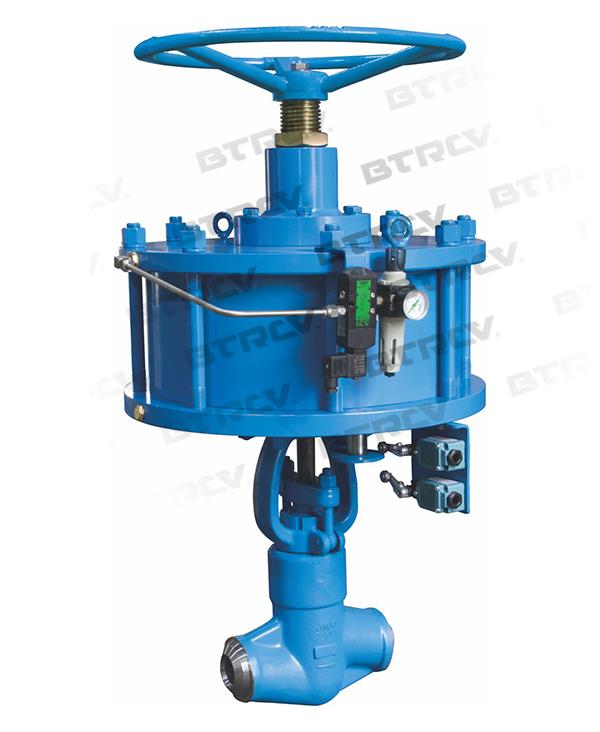
Diameter: DN15-300
Pressure: PN10-160
Standard: GB JB HG ANSI JIS
Material: Carbon steel, stainless steel, grey cast iron
Connection method: flange
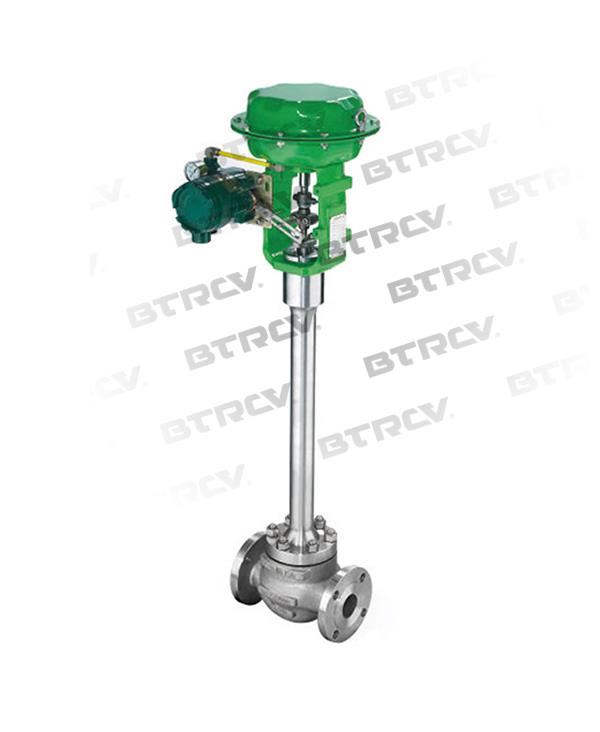
Diameter: DN15-300
Pressure: PN10-160
Standard: GB JB HG ANSI JIS
Material: Carbon steel, stainless steel, grey cast iron
Connection method: flange
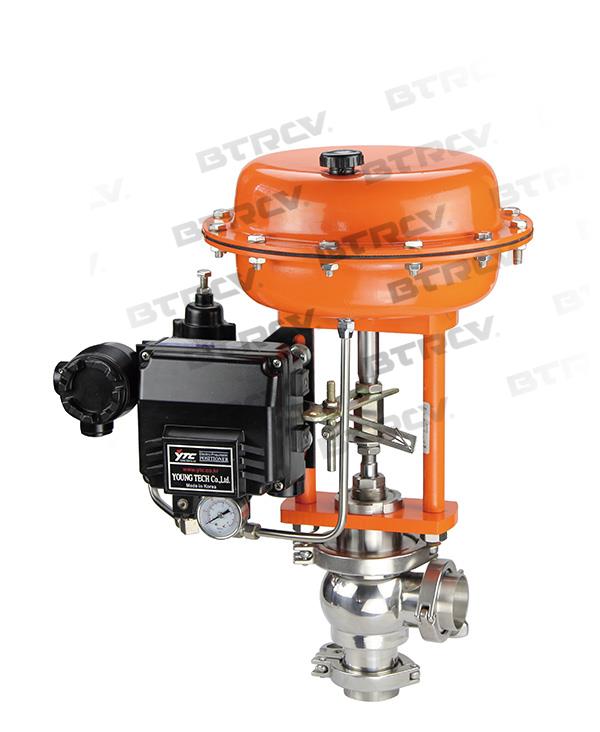
Diameter: DN15-300
Pressure: PN10-160
Standard: GB JB HG ANSI JIS
Material: Carbon steel, stainless steel, grey cast iron
Connection method: flange


Consultation


Follow Us